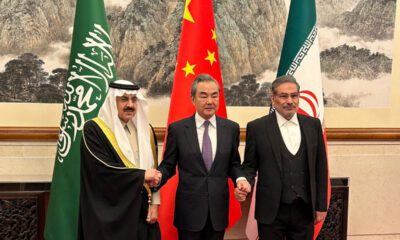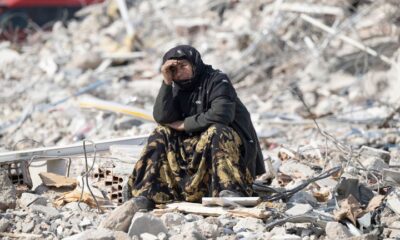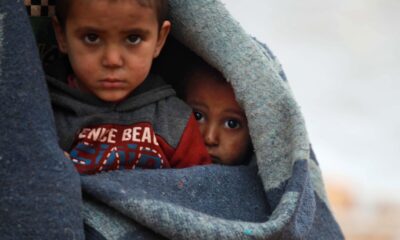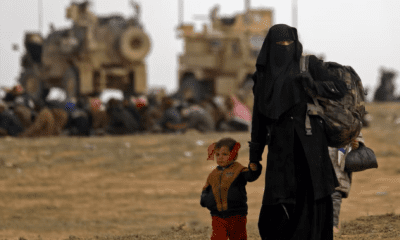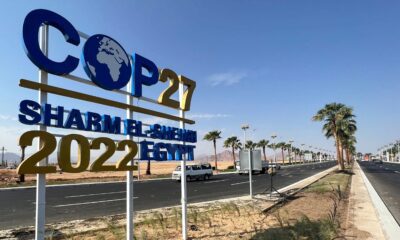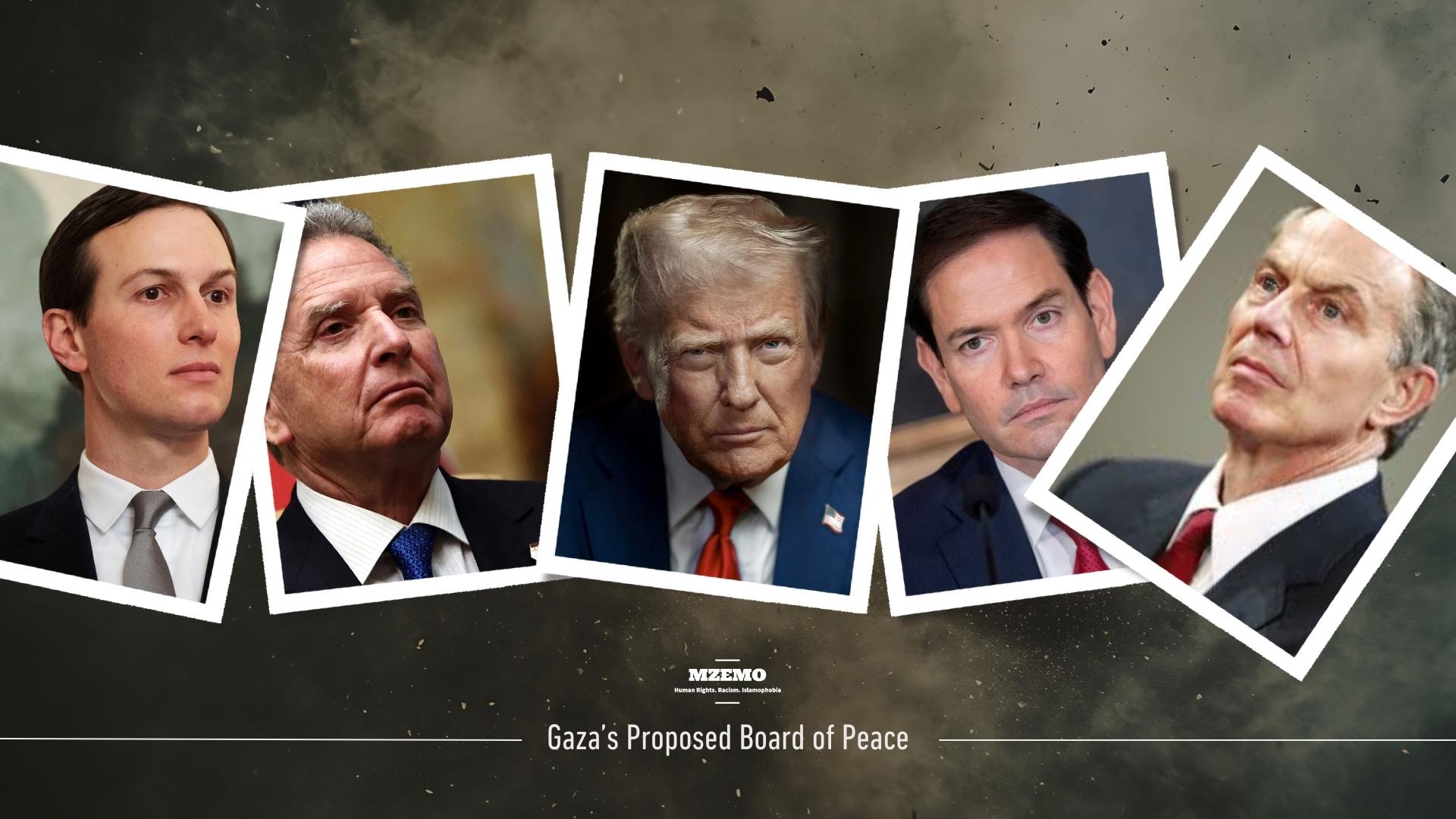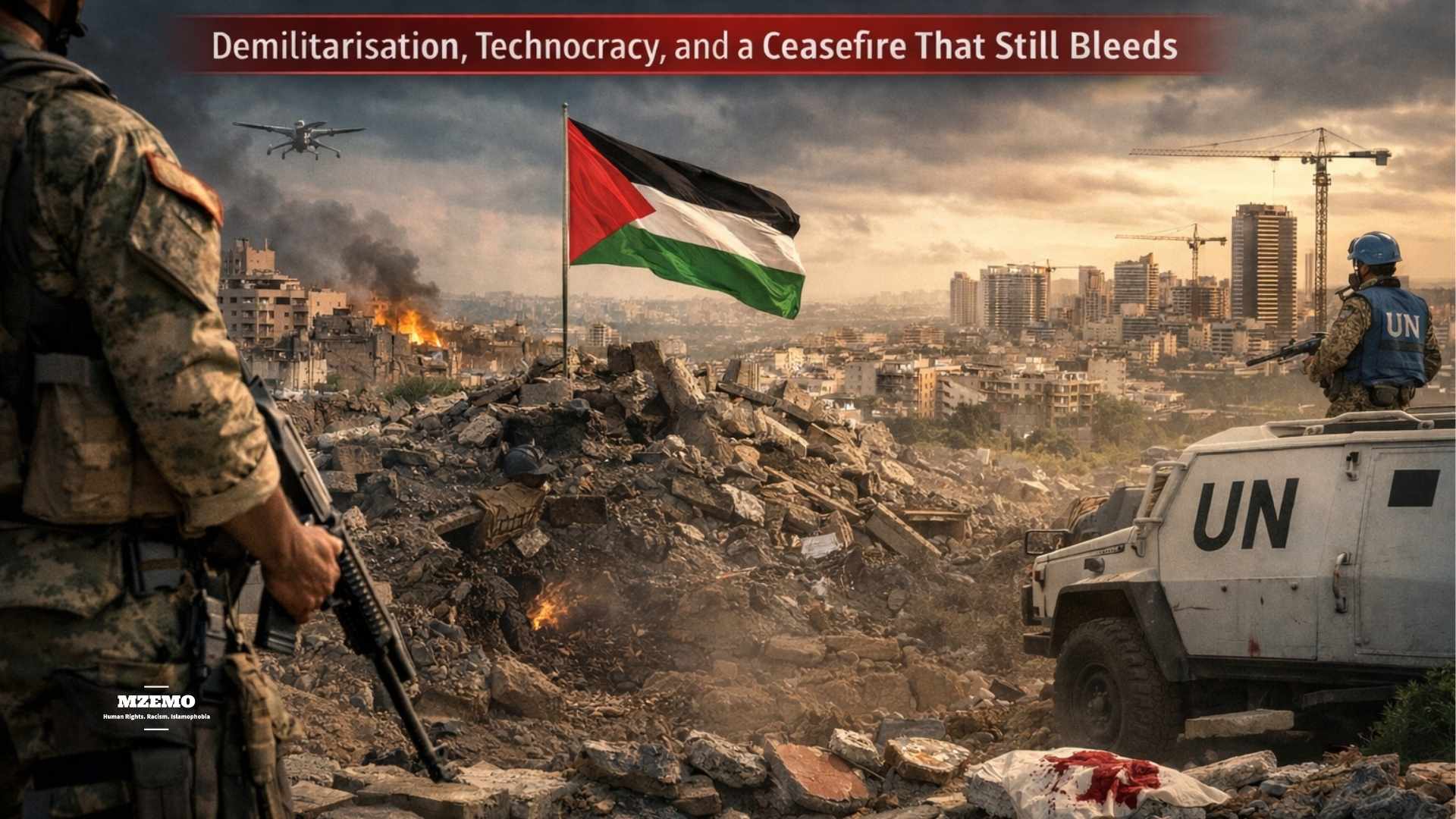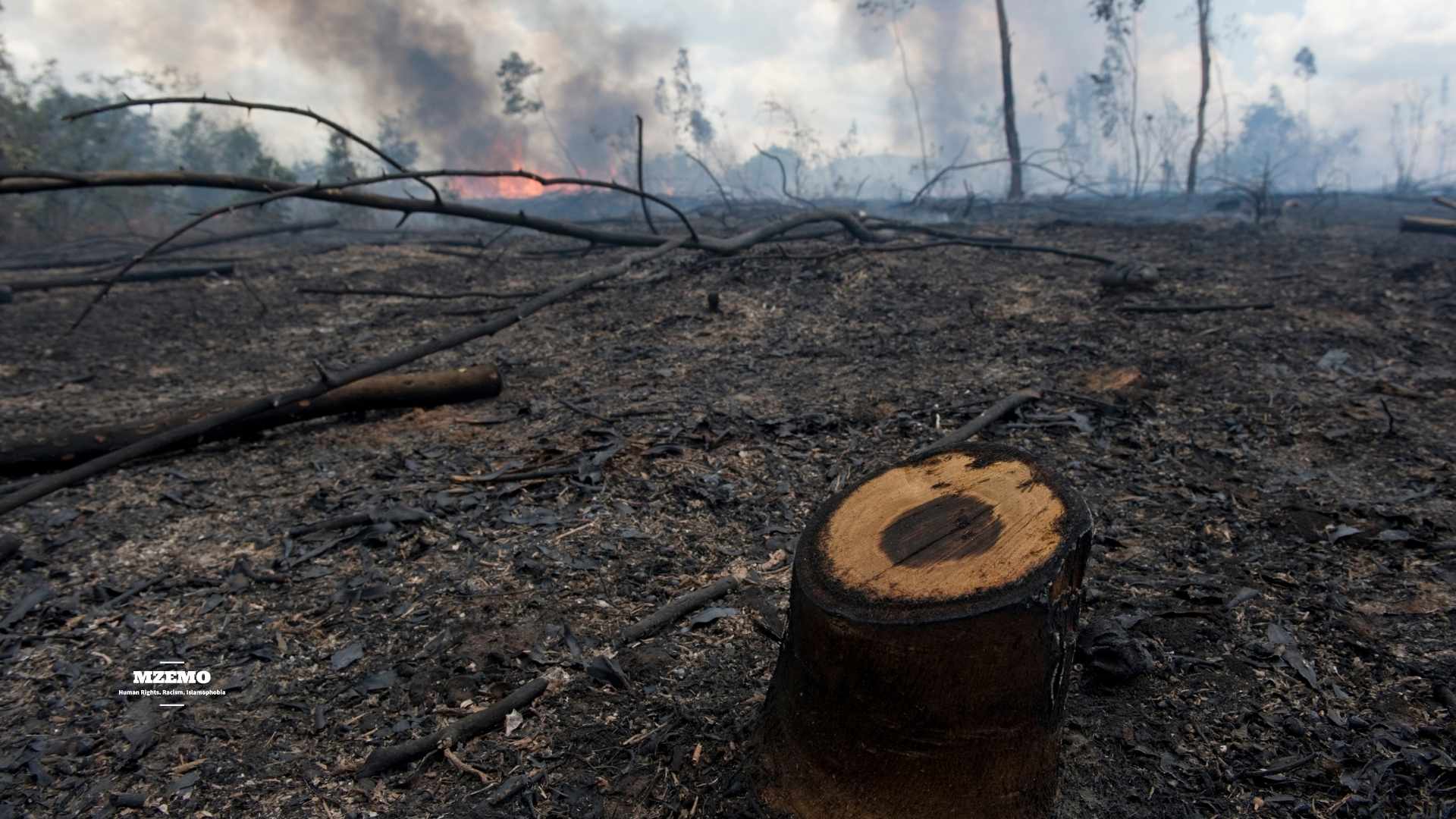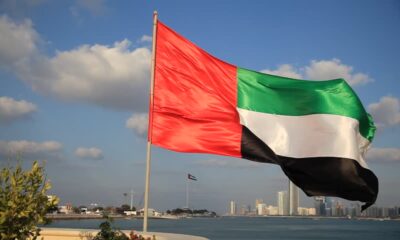The second phase of Gaza’s so-called peace plan has officially been announced. It is being described as a transition from ceasefire to governance, from violence to rebuilding. However, on the ground in Gaza, the distinction is harder to locate.
Isn’t it shocking that more than three months after the ceasefire took effect in October, Palestinians are still being killed, and aid is a privilege to have? Entire neighborhoods remain uninhabitable. So, the announcement of phase two does not coincide with calm. It arrives amid continued military pressure, delayed withdrawals, and a humanitarian system operating far below what was promised.
There is a crucial question Palestinians are asking, and that is not whether Phase Two exists on paper, but whether it alters the reality of power.
What Phase Two Claims to Change
According to some US officials, Phase Two is meant to shift the Gaza file from emergency truce management to long-term stabilization. Its three pillars are clear:
- First, the demilitarization of Hamas and other armed groups, framed as a non-negotiable precondition for any durable peace.
- Second, the establishment of a Palestinian technocratic committee to administer Gaza’s civil affairs during a transitional period.
- Third, the beginning of reconstruction planning, coordinated under international supervision and tied to security compliance.
In theory, this is where genocide ends, and governance begins, but in practice, each pillar raises more questions than answers.
Phase One by the Numbers: A Ceasefire in Name
Before moving further, let’s have a look at the overview of Phase One. Since the ceasefire came into force on October 10, at least 451 Palestinians have been killed and more than 1,250 injured, an average of nearly five deaths per day. Military operations continued under the language of “enforcement” and “targeted action,” blurring the very meaning of a ceasefire.
When it comes to the prisoner exchanges, Hamas and Israel both released most of the captives. Bodies were also exchanged, with one reportedly still trapped under rubble.
Aid delivery fell far short of commitments. Between October and early January, around 23,019 aid trucks entered Gaza out of a promised 54,000, roughly 43% of the target.
Critical crossings, including Rafah, remained closed or heavily restricted. Aid organizations reported operational paralysis as bans, inspections, and suspensions multiplied.
In other words, Phase One did not fulfill its promises. It managed the violence without ending it.
Demilitarization Before Relief
Phase Two places demilitarization at its core. President Trump has repeatedly framed it as a binary choice—an “easy way or a hard way.” The message is unambiguous: disarmament first, normalization later.
What remains unaddressed is the imbalance this creates. Israel retains control over Gaza’s airspace, coastline, borders, population registry, and imports. Palestinian armed groups are asked to disarm while occupation-level controls persist.
It is pertinent to mention that international law does not recognize demilitarization as a substitute for political rights. Yet phase two calls itself the engine of peace, while humanitarian access, withdrawal timelines, and accountability for genocidal destruction remain secondary.
For many Palestinians, this sequencing feels less like peacebuilding and more like containment.
The Technocratic Committee: Governance Without Power
There will be a 15-member Palestinian committee tasked with administering Gaza’s civil affairs. Its stated mission includes restoring basic services, managing reconstruction, and laying foundations for stability.
Its members are presented as non-political professionals, including engineers, administrators, and planners. But what is missing is authority.
The committee operates under external oversight, with no electoral mandate, no independent security control, and no ability to regulate borders, trade, or movement. Its legitimacy is managerial, not democratic.
However, it’s not shocking for Palestinians as they are familiar with this model. Over the past three decades, “temporary” arrangements have repeatedly substituted administration for sovereignty. Technocracy becomes a way to manage populations without resolving the structures that disempower them.
Palestinian Voices
Some reports from Gaza capture a mood that is neither celebratory nor dismissive, but only exhausted.
Some residents express cautious hope that Phase Two might at least bring predictability: electricity that lasts more than a few hours, water that runs clean, streets cleared of rubble. On the other hand, most of them see another externally designed plan that speaks the language of peace while preserving the architecture of control.
One displaced man described being forced to move 17 times since the genocide began. Another questioned how demilitarization could be discussed while entire families still sleep in tents beside the ruins of their homes.
For many, peace is not an abstract framework, but the ability to survive the night without fear.
Aid as Leverage, Reconstruction as Reward
Phase Two introduces reconstruction, but not as a right. Aid and rebuilding are explicitly linked to compliance. This conditionality transforms humanitarian relief into a pressure tool.
History offers little comfort here. Millions pledged to Gaza after previous acts were delayed, diverted, or blocked entirely. The difference now is scale. Gaza’s destruction is unprecedented, with tens of millions of tons of rubble, unexploded ordnance, and erased neighborhoods.
Therefore, rebuilding without political change risks entrenching dependency rather than restoring dignity.
A Governance Phase Built on Unresolved Violence
Although phase two is described as a transition, transitions require movement—away from violence, toward rights.
So far, what has changed is not the structure of power, but the language used to describe it.
Demilitarization is demanded without de-occupation. Governance is promised without sovereignty. Reconstruction is discussed while restrictions remain.
This is not peace delayed. It is peace redefined—away from justice, toward management. Ultimately, nothing can substitute for Gaza’s right to determine its own future, which has been denied for decades.

 Featured2 years ago
Featured2 years ago
 Featured3 years ago
Featured3 years ago
 Featured2 years ago
Featured2 years ago
 Featured5 years ago
Featured5 years ago
 Featured3 years ago
Featured3 years ago
 Featured5 years ago
Featured5 years ago
 Featured2 years ago
Featured2 years ago
 Featured3 years ago
Featured3 years ago


